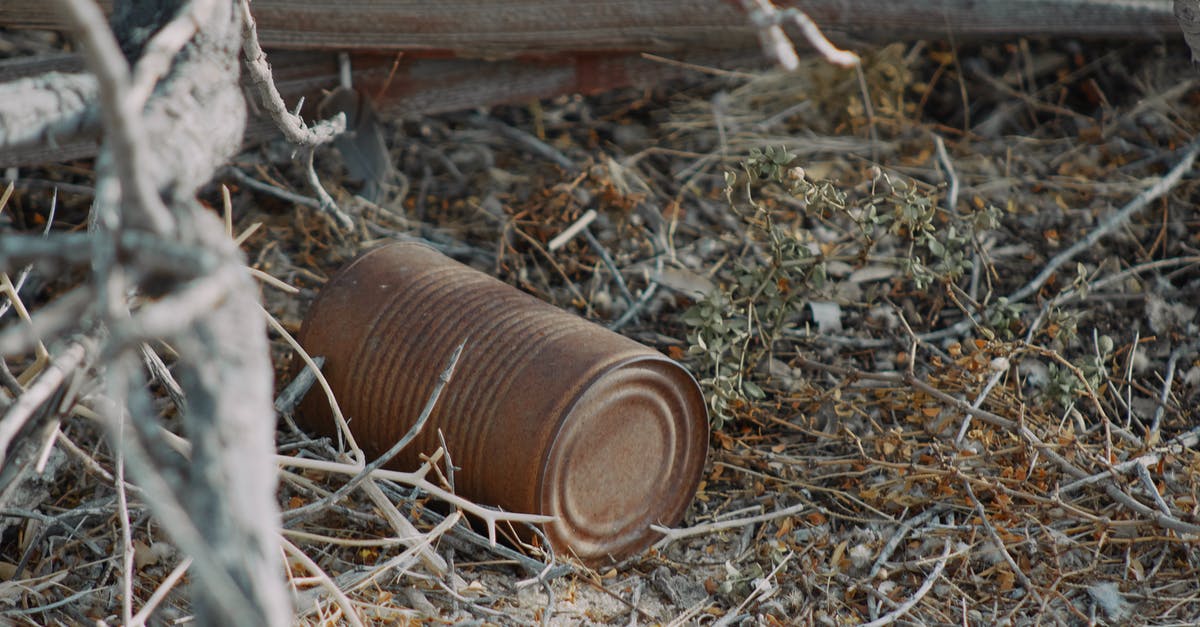Can I re-cook a ham that was left out overnight?

I left a fully cooked ham in a bag out overnight. It was refrigerator temperature when I took it out at 9pm. Our Seattle home was not heated; it was about 50 degrees last night. I found it at 6am and threw it back in the fridge, in case it was still good. I would cook it again and then use it with eggs or sandwiches. Would this be ok?
Best Answer
It's probably even safe to eat without cooking again; the refrigerator is likely only about 10 degrees colder, and that generally translates to accelerating rates of spoilage (mostly growth of pathogens) by a factor of 3-5 or so. For example. at 10C (50F), E. coli only manages to divide once every 8 hours or so (see Ratkowsky et al., "Relationship Between Temperature and Growth Rate of Bacterial Cultures", J. Bacteriology, vol 169, p. 1 (1982) for a not-very-clear example of growth curves--I've seen these curves online, but unfortunately I tried and failed to find an easily accessible one this time).
It's almost certainly safe to eat with cooking (fully, to at least ~160 at the center), which would kill anything that managed to grow on the ham. The only thing to worry about with well-cooked food is whether bacteria or fungi have managed to produce so many toxic chemicals that the food will make you ill--and in this case, it's been too cold. (At those temperatures, not only is growth slow, but most anything is slow, including production of anything toxic.)
So I'd say--cook away, enjoy, and don't worry about it.
P.S. I have in practice eaten ham left out at warmer temperatures for longer.
Edit: In response to a comment about bacterial toxin production, I want to reiterate that colder temperatures slow down metabolism of just about everything, including toxin production. This is because, at a basic physical level, reaction rates are governed by the Arrhenius equation which translates, for simple reactions, to a doubling of reaction rates for ~10C increase in temperature. Of course, organisms like bacteria have more complex interactions, but this still gives an order of magnitude estimate. Furthermore, research has been done on production of bacterial toxins. For example, Skinner & Larkin (J. Food Protection vol 61 p. 1154 (1998)) wrote a paper called "Conservative Prediction of Time to Clostridium botulinum Toxin Formation for Use with Time-Temperature Indicators To Ensure the Safety of Foods", which gives, for food innoculated with the bacteria, a time-to-detection-of-toxin of 2-3 days at 10C. In fact, they did the research because food storage at open-face refigerators in stores often allows products to get up to as high as 10C (at least as of 1998).
Similarly, in Bonventre and Kempe ("Physiology of Toxin Production by Clostridium botulinum Types A and B, III"), their 10-18C toxin line is flat for 24 hours at the baseline level before creeping up by a factor of 3 or so between 24 and 48 hours (figure 4).
These are just examples, but you find the same general trends everywhere because of the fundamental physical relationship between reaction rates and temperature.
Pictures about "Can I re-cook a ham that was left out overnight?"



Quick Answer about "Can I re-cook a ham that was left out overnight?"
Throw it out. Could well be absolutely fine for that sort of short time, many people take ham sandwiches to work that end up in a more ideal growth environment for just as long with no major issues. If he is recooking it too, then that will kill off any bacteria that could be on it if done properly.Is ham OK to eat if left out overnight?
Do not leave the ham at room temperature for more than two hours. If it is not going to be used within four days of cooking, it should be frozen.Can a large ham can be safely thawed at room temperature if it is left out no longer than 24 hours?
You should never thaw a frozen ham on the counter at room temperature or in hot water. Under either of those methods, the outer layer of the ham can sit between the bacteria-breeding temperatures of 40\xb0F and 140 \xb0F for far too long to be safe.How long will a ham last unrefrigerated?
Unopened country style hams can be kept up to 1 year without refrigeration. Once the ham is cut, exposing the moist interior, it must be stored in the refrigerator. After the ham has been soaked, or soaked and cooked, it should be used within 5 days.How Long Can You Leave Food Out?
More answers regarding can I re-cook a ham that was left out overnight?
Answer 2
This is a ham right? Not a bone-in cooked pork butt, but an actual cured ham?
This falls into the category I like to call "Things I personally would eat, but wouldn't feed to anyone else." Chances are it's fine. 80 years ago they'd have thought nothing of it, but in our modern bacteria-obsessed culture, a few hours sitting on the counter is certain death. It was cooked, it was cured, it's probably okay. Hell, I've eaten cheesecake that's sat out the same amount of time, and the food nazis'll have you putting those in the fridge before they're even cool (which I know the professionals don't do, since that makes them crack like the grand canyon.)
On the chance that it's not okay, I wouldn't feed it to anyone else. And if you're going to eat it, I'd eat it quick. It certainly doesn't have as much shelf-life left.
Edit: My usual harp is on cooking temperatures (the recommended ones are all too high for me), but bacterial growth is another sore point. People will tell you a side of beef stored at 36F for a week must be used, frozen, or thrown away, and they'll tell you that, if you dare to cook it, it must be cooked well-done. But a high-end steakhouse will store it for three to four weeks at the same temperature, and sell you the finest steak you've ever eaten (cooked medium-rare) for 30 bucks a pound.
Sure, you can get unlucky and a random wrong bacteria can land on your food, multiply, and cause trouble. That's why they make the rule, so you're going to be safe 99.9% of the time. Like eggs. Raw eggs are killers, right? It's estimated that 1 in 14000 eggs has salmonella contamination, but that means 99.99997% of the time, you're fine to eat them raw. Don't take foolish risks, but don't let paranoia ruin your enjoyment of food either.
Answer 3
If the ham picked up anything like botulinus then the toxic waste products are not destroyed by re-cooking... so the ham would remain toxic.
So the safe advice would be to throw it away.
And from a self-preservation point, I can't possibly advise anything else.
However, ham is full of preservatives (that's why it's ham not pork!) and it's probably safe to eat as is... but it's YOUR risk and your should NOT feed it to anyone else without them accepting that they are doing something risky and (nowadays) unusual. Playing russian roulette with your health is YOUR call, playing it with your children's health (or yoru spouse's health) is emphatically NOT your call.
Answer 4
No. It is garbage. There is a chance that it might be okay, but given the nasty bacteria that could be there, and the less than stellar track record of US food producers in recent years, it is simply not worth the risk.
@mfg, no difference.
Throw it out.
Answer 5
At home, If the ham was left out, I would be more concerned with its environment given these timeframes. Was it covered, human/pet/insect Traffic, was it handled/sliced, served or whole, etc. If it was fully cooked, uncut/unserved, covered, and at room temps, I would eat it and even serve it to family. There are other risks that exceed the risk of spontaneous spoiling in the first 9 hours, i'd bet there is a better chance you would choke on it than get sick.
If it was a business I'd toss it or give it away. I used to throw out foods I KNEW were ok, just because it looked or smelled funny. Only because I didn't want to even deal with any questions. Distractions usually end up costing more than materials.
FWIW, my2cents
Sources: Stack Exchange - This article follows the attribution requirements of Stack Exchange and is licensed under CC BY-SA 3.0.
Images: James Lee, Cats Coming, Ann H, Engin Akyurt
